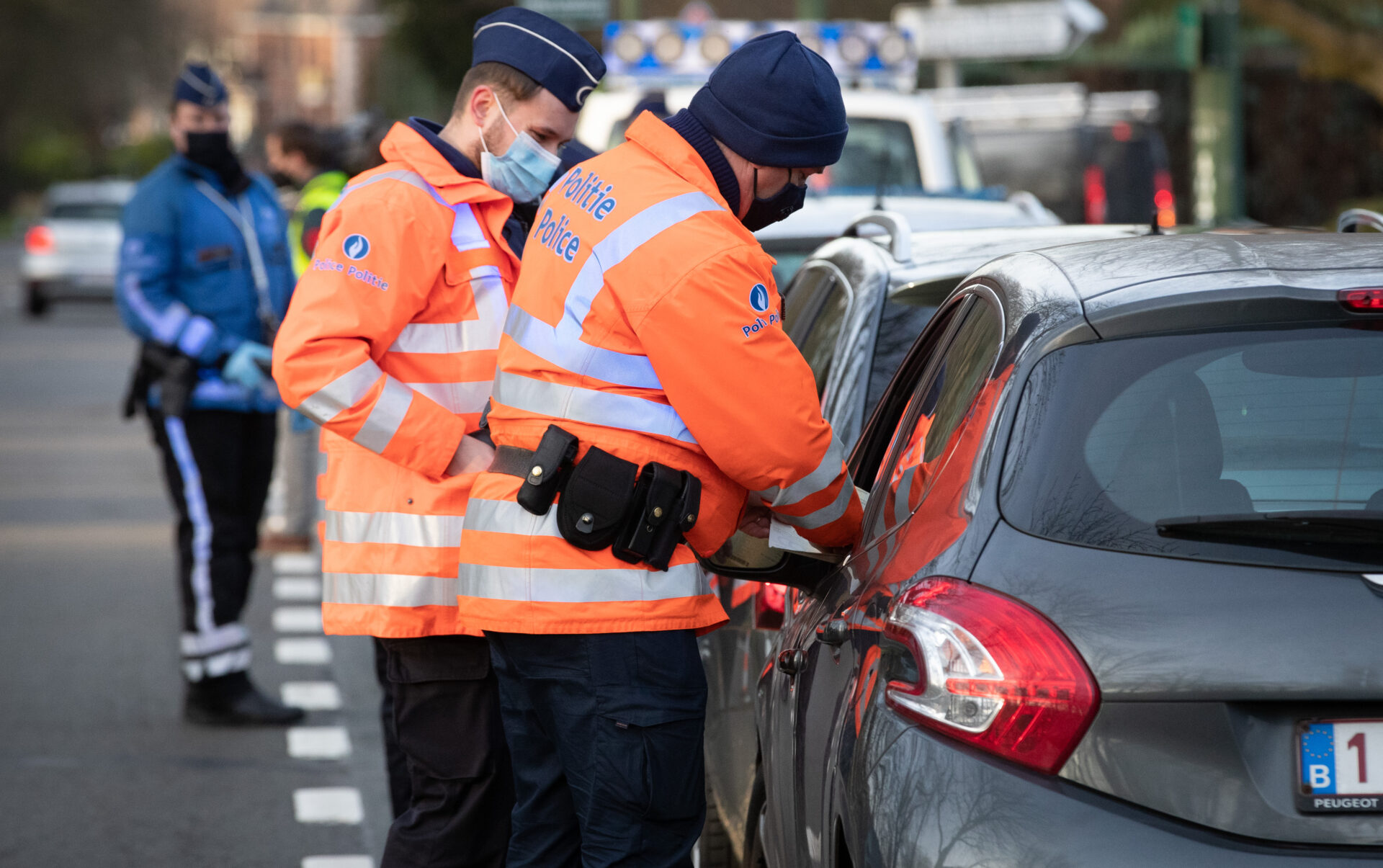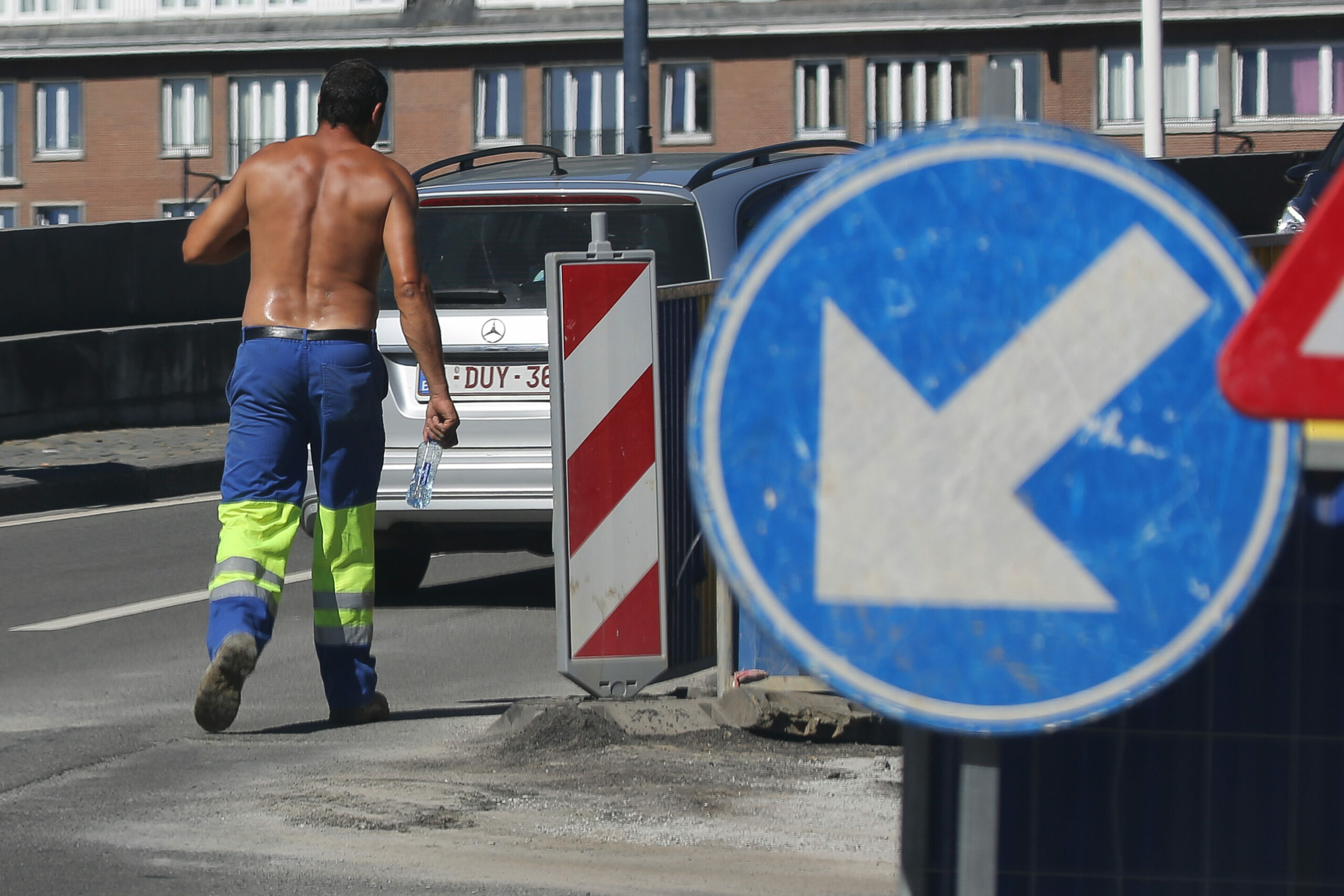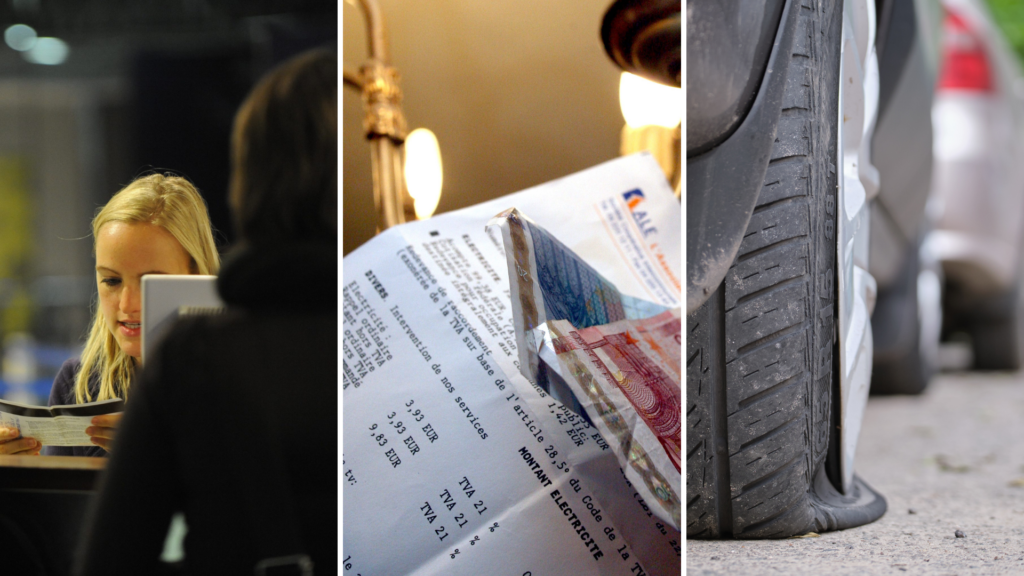The arrival of a new month in Belgium signifies a range of new rules or measures coming into place. Find out the key changes and how they will affect people living in the country.
Mobility
National railway operator SNCB will stop the physical sale of international train tickets in nine stations (Arlon, Eupen, Ottignies, Brussels-Luxembourg, Antwerp-Berchem, Courtrai, Hasselt, Mechelen and Ostend) in response to the "continuing decline in physical sales of international tickets at ticket offices".
The physical sale of international tickets will be limited to 12 selling points located in the Brussels-Airport-Zaventem, Brussels-Central, Brussels-Midi, Brussels-North, Charleroi-Central, Liège-Guillemins, Mons, Namur, Leuven, Ghent-Saint-Pierre, Antwerp-Central and Bruges stations. Tickets for travel to Roosendaal, Maastricht, Luxembourg, Aachen and Lille will still be available from station ticket machines and ticket offices.
Police will, from 1 October, be better equipped to tackle driving under the influence of drugs. During checks, officers currently use a standardised checklist of several indicators to assess the driver's condition, and a saliva test is only conducted in case of suspicion (if three of the indicators are detected), or if drugs were found or smelled.
Now, officers can use so-called "sniffer" devices that detect traces of drugs on the drivers' hands or parts of the car, such as the steering wheel. If the device detects a substance, the person's saliva must be tested. Additionally, in some cases – possession of drugs, the driver's admission or a refusal to cooperate – one single sign of the checklist will be enough to carry out a test. Finally, motorists showing signs of recent drug use can be prosecuted even if the saliva test could not detect the substance.

Police checks. Credit: Belga
Antwerp will start fining people who deflate vehicle tyres from the beginning of October, putting an end to the debate on whether such an action is punishable or not. "To restore public safety and calm, the city now ensures that deflating the tyres of someone else's vehicle without their consent is prohibited and therefore administratively punishable," the city said in a statement.
In recent months, activists of the 'Tyre Extinguishers' group deflated the tyres of several Sports Utility Vehicles (SUVs) because they consume and emit a lot more than the average car. The police started an investigation after each action, but there were doubts as to whether deflating car tyres could be considered vandalism, as no real damage was done.
Another change is being introduced outside of Belgian borders, but as a popular tourist destination, it is key for people living in Belgium: Germany is tightening its winter tyre regulations. From 1 October, all-season tyres will only be considered a valid alternative to winter tyres if they bear the alpine symbol (Three Peak Mountain Snow Flake). If a person is caught on German roads during winter weather conditions and this is not the case, they face a fine.
Finance and work
From Tuesday, it will become easier for people to cancel their insurance policies – both existing ones and those taken out after 1 October. The notice period for insurance contracts will now be two months, instead of the current three.
Individuals will be able to cancel any policy immediately, provided it has been in force for at least one year and the two-month notice period has been respected. Sending a registered letter to terminate a contract will also no longer be necessary. Instead, it will be possible to cancel it digitally (via Itsme, for example). Consumers can now also ask their new insurer or broker to carry out the cancellation formalities on their behalf.
The Brussels Region is replacing its B work permit for non-European nationals with short- and long-term work permits as part of a reform. Short-term permits will be issued to non-European nationals working in Brussels for a maximum of 90 days out of a total of 180. For more than 90 days, people have to apply for a long-term permit, which can be granted for a maximum of three years for certain categories of employment. The procedure for au pairs will remain unchanged.
These permits will be sent directly to employers, who will be responsible for passing them on to workers so that they can apply for a visa if necessary. Additionally, when a work authorisation for more than one year has been granted, the employer will no longer have to send documents for the annual check. The regulations will also include new provisions concerning the blue card, making it easier to change employers.

Credit: Belga / Bruno Fahy
The social tariffs – reduced energy rates for certain categories of low-income households – are going up. For electricity, it will increase by 10%, while those for natural gas and heat will rise by 15% compared with the third quarter. The cost is the same for all energy suppliers.
Single people who are unemployed and/or incapacitated for more than three months, as well as people recognised as disabled, will automatically be granted the status of beneficiary of the increased benefit (BIM), which allows people with the status to pay less for healthcare or benefit from certain social tariffs (energy, internet, public transport, etc.).
This means target groups, who are more financially vulnerable, will no longer have to take the first step in the procedure, making the increased benefit more accessible. The insurance companies will be responsible for verifying the income of the people concerned beforehand, based on the authentic sources they have for detecting recent income.
Health
Babies born from 1 October will be treated in the maternity hospital against the respiratory syncytial virus (RSV), which is responsible for most cases of bronchiolitis, one of the leading causes of hospitalisation for toddlers during their first winter. A monoclonal antibody injection will be used for the treatment. Babies born after 31 March 2024 can now be protected free of charge if they receive their injection in October. After that, there will be no way of obtaining reimbursement.

